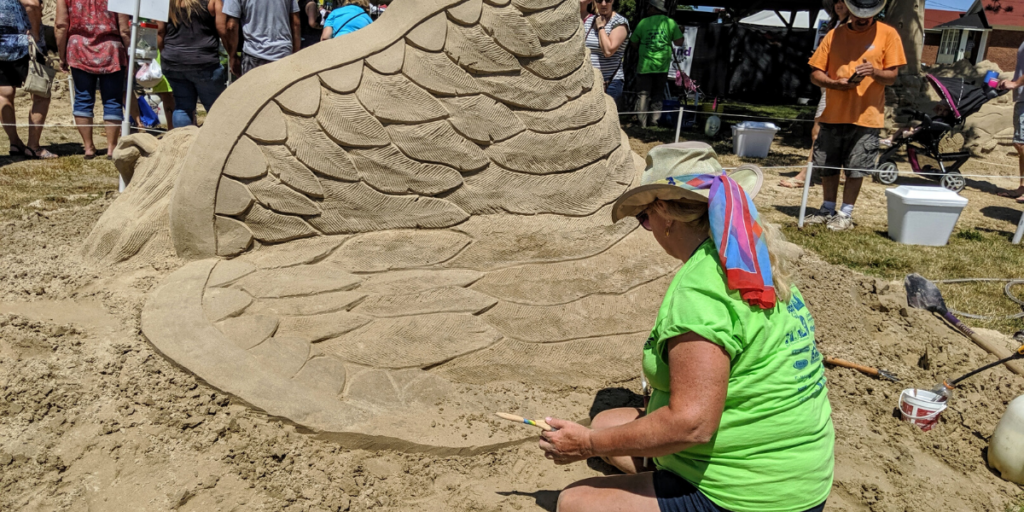Seńor Tequila Mexican Restaurant Coming Soon to Downtown Port Huron
UPDATED 10/7/2022: Seńor Tequila is open! Follow them on Facebook for hours and details:
https://www.facebook.com/profile.php?id=100085868157403
7/11/2022: Andres Perez had been doing Google searches of Michigan towns to find a location for a new restaurant when he waited on a large party one night at Jose’s Mexican Restaurant in Sault Ste. Marie.
He asked the group where they were from, and was stunned when they said Port Huron.
“I thought, that’s hilarious because a week before I was doing a search on Port Huron,” said Andres.
Andres decided to visit Port Huron with his brother, Juan Pablo, and they connected with a realtor who introduced them to local developer, Larry Jones.
“I told him my ideas, and what I want to bring to this town, and he was so excited. He said, ‘Let’s go see the building, and see if you like it!” said Andres.
Jones showed them his property at 321 Huron Avenue that has housed several restaurants, most recently Martina’s Grill. The building has also been home to Tio Gordos, The Cajun Gator, and the Huron Athletic Club (H.A.C.).
The Perez brothers loved the building with its unique design and expansive patio, and they decided to make it the home of their new restaurant, Seńor Tequila. Andres and his team are currently in town making some cosmetic adjustments to the interior. They are adding additional booths for seating and painting walls along with making improvements to the kitchen to better suit their food preparation systems.
Seńor Tequila will feature recipes handed down from Mexico in the Perez family, and they pride themselves on being daily-fresh; they make their chips, salsa, sauces, and guacamole fresh, in-house every day. Their menu will be similar to the offerings at Jose’s Mexican Restaurant in Saulte St. Marie where Perez has been working with his family.
Andres and Pablo hope to move their families to the area once the restaurant opens, and they are looking forward to being in the downtown community. They are also counting on the winters in Port Huron being somewhat milder that what they’ve been used to up north.
As the brothers work to get everything in place for the opening of Seńor Tequila, they are reluctant to give an exact opening date. They are still waiting on permits and their liquor license, and they don’t want to open until it’s in place.
In the meantime, Andres is looking forward to Blue Water Fest and all the activity happening around downtown this week.
“I love this town. I haven’t even been here for too long, and I feel like my heart has been on this town already,” said Andres.
He encourages people to try their food when Seńor Tequila’s opens and give him feedback on what they like. He will also take suggestions from customers on dishes they may like him to offer.
Reporting for WGRT – Jessie Wiegand







